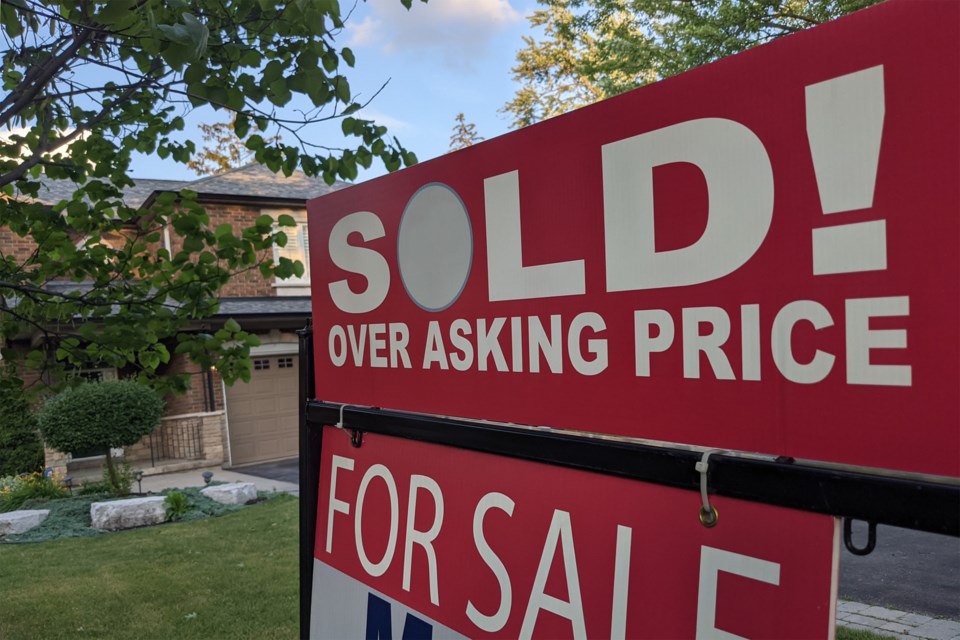The BC government continues to tinker around the edges of a worsening housing crisis, with a new bill that takes baby steps toward the kind of reform required to get housing projects through the red tape of municipal councils.
Municipal Affairs Minister Josie Osborne tabled legislation that will allow municipalities to skip public hearings for rezoning applications for housing projects where the new zoning matches the community’s Official Community Plan.
It sounds esoteric, but the move could free up a project - to turn, say, a single-family lot into townhouses - from months of delays.
Just as importantly, it lets politicians avoid public hearings where powerful resident associations push their NIMBYism agendas.
“By updating public hearing and certain permit requirements, we are giving local governments more tools to deliver the housing that communities need throughout BC,” she said.
“This is one important step in the work all orders of government must do to meet housing needs for people in our communities."
The government is at least acknowledging the core of the problem with its new legislation - that BC is in the midst of a housing affordability crisis driven in large part by a lack of supply, and that thousands of desperately needed new duplexes, townhomes and condos are tied up in the municipal approval project by councils too scared to go up against powerful resident associations who want to preserve their single-family neighbourhoods.
Reaction to the legislation from municipalities and developers was mostly positive. But virtually all said it didn’t go nearly far enough.
The government could have chosen to slap municipalities with legal deadlines on rezoning applications. Such limits already exist in Ontario and Alberta, with 90-day and 60-day timelines respectively.
Statutory deadlines were one recommendation by a government-appointed panel of experts in June, who noted that the rezoning process “can take many years and be a fraught process due to lengthy public hearings and competing policy objectives.”
“Rezoning can be difficult and amplifies the voices of a few rather than the needs of the community at large,” read the report.
Osborne said she’s still considering the idea.
An optimistic read would be this new legislation is a baby step toward those harder but much-needed provincial reforms.
A pessimistic view would be that the government took the easier route, and lacks the heart to bring municipalities to heel even during a housing crisis that shows no signs of improvement.
It would certainly be controversial to set municipal deadlines, with some councils likely to feel bigfooted by the province and some residents upset that their voices wouldn’t be heard on controversial projects.
But other municipalities would no doubt welcome more direct provincial intervention, because it would take the heat off of councillors and put it on the province, which is far less susceptible to NIMBY protests from residents groups.
Another part of the new bill is to allow municipal staff to approve minor changes to projects, like parking and landscaping, without delaying a project for months to send it back to council.
All told, the package is a welcome step forward on housing reforms. It’s just not enough. Not even close. Here’s hoping it’s just the first in a series of reforms to be announced by the minister.
Rob Shaw has spent more than 13 years covering BC politics, now reporting for CHEK News and writing for The Orca. He is the co-author of the national best-selling book A Matter of Confidence, and a regular guest on CBC Radio.
SWIM ON:
- Rob Shaw: The NDP’s silence on its controversial FOI bill speaks volumes, and even if “who cares” carries the day now, it won’t for long.
- When it comes to creating more housing, the constraints imposed by geography are nothing compared to the limits municipalities impose on themselves, says Roslyn Kunin.
- COVID-19 and the heat dome laid bare an uncomfortable fact: in a crisis, seniors get left behind. Jody Vance asks whether we've learned the lesson.



